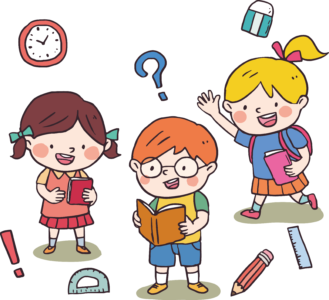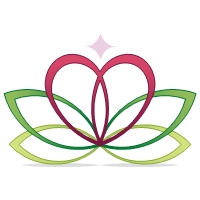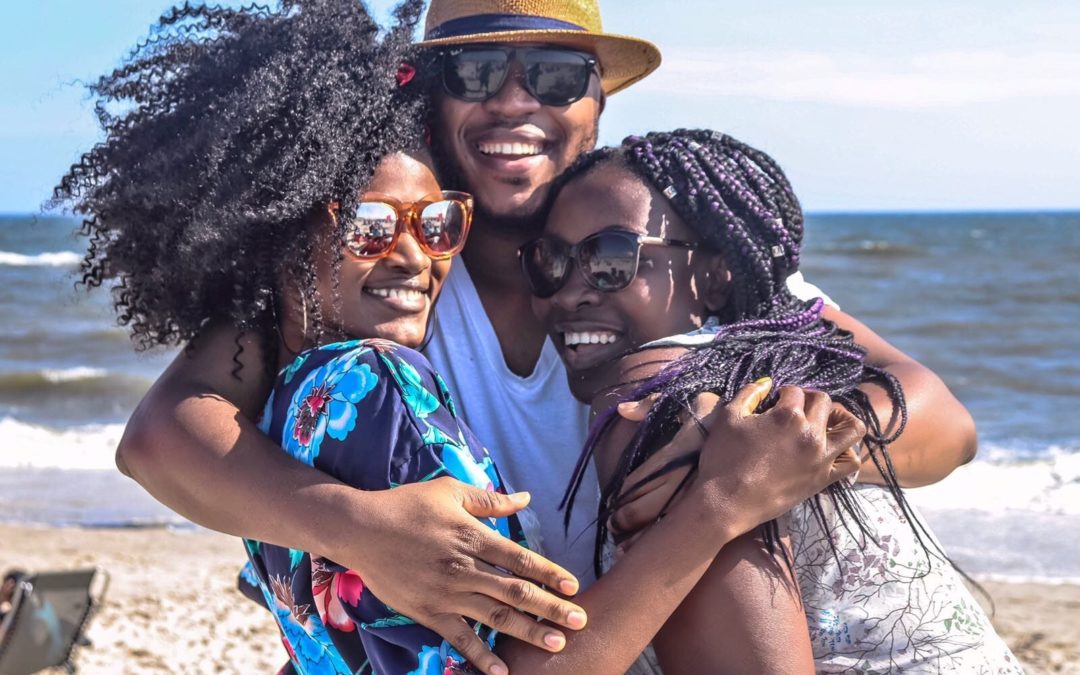Have a teen that is dating? You might need to read this!
![]()
Talking about this topic can be difficult for both you and your child. However, it is important to help them navigate the messy world of romantic relationships. Good Therapy offers 9 tips on what you should discuss with your teen when they ask you about dating. The article covers things like what makes a healthy relationship, types of abuse and their signs, and setting boundaries and expectations. Read the full article here.
Why are relationships in the classroom even more important than rules?

While classroom rules are important, it is also important to form a connection with students. When they feel seen as a person they are more likely to engage in class and be more comfortable opening up in assignments. Edutopia shares some great community building activities that you can incorporate into your classroom today.
Wish your children were closer to each other?

The relationship that siblings have with one another sets the tone for how they form all other bonds in their life. By helping them form a closer connection you can help them develop healthier relationships as they get older. Very Well Family has a great article full of tips on how to lower potential points of conflict as well as activities to help them form a closer bond.
What is the difference between a healthy and an unhealthy relationship?

Resource of the Week
Looking for more information on these topics and other mental health concerns? Be sure to check out our trainings, events and support groups to learn more on how to help yourself and your loved ones!


